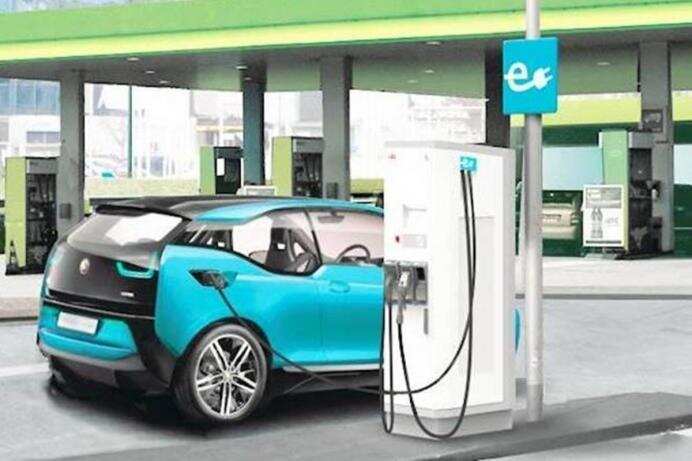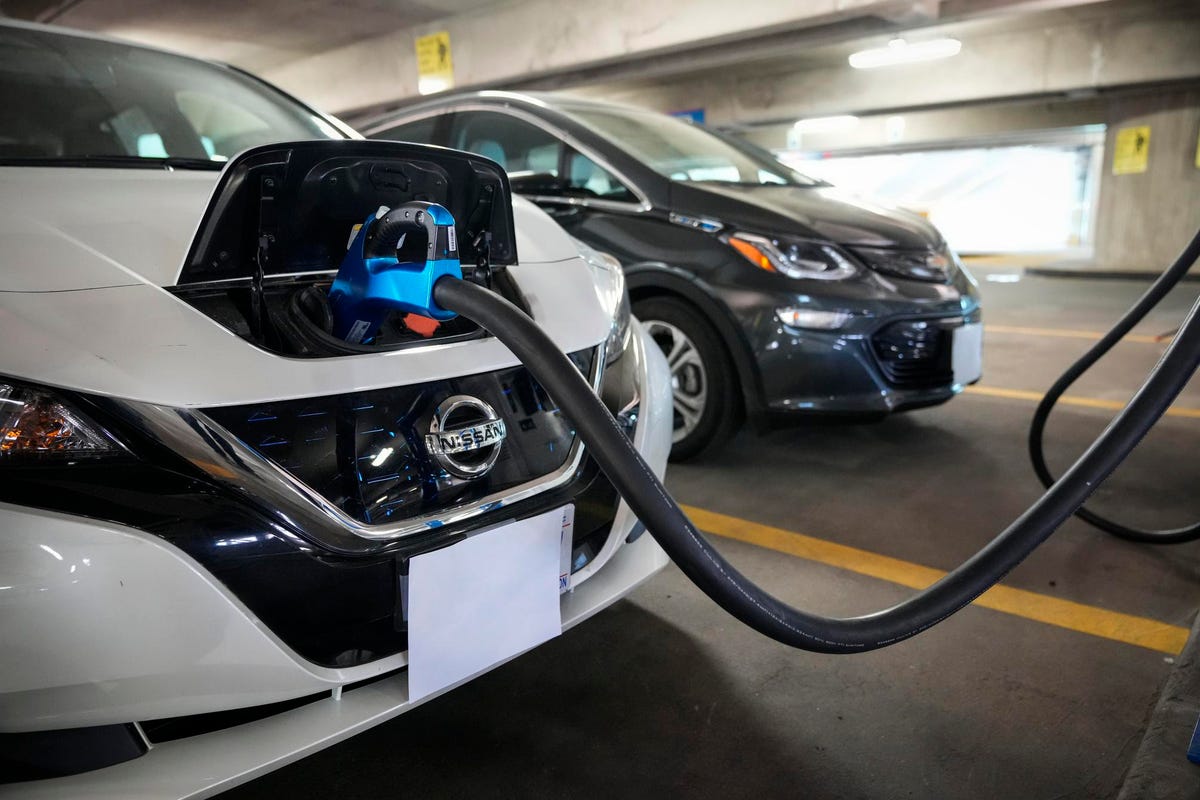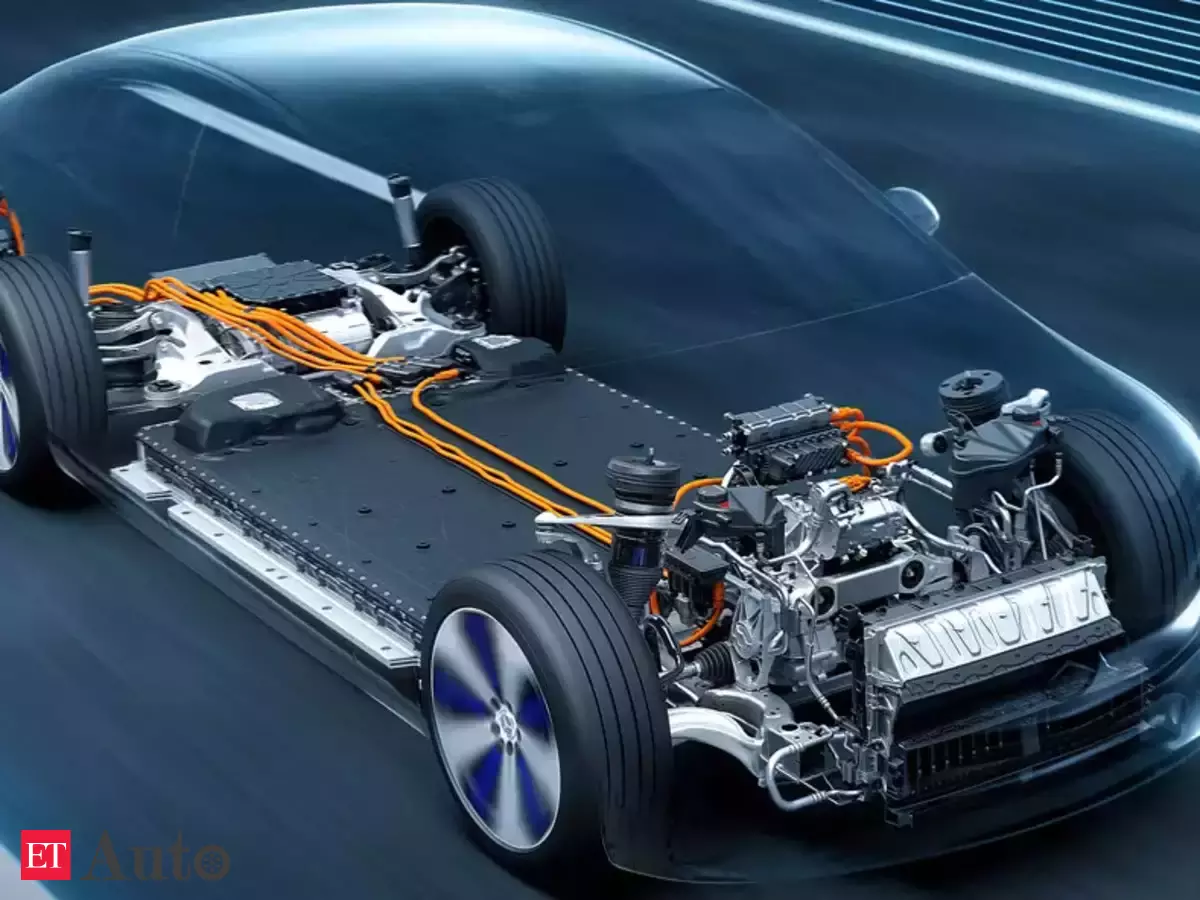Electric Vehicles (EVs): Hot Investment Segment, Keeping Automakers and Consumers Connected

The world's major automakers have stated unequivocally that electric vehicles would dominate their industry in the coming years. You will almost certainly pass an electric car on the road in future towns. With this latest generation of electric cars, there is a need for continuous innovation in the electric vehicle industry, necessitating the construction of additional infrastructure to meet customer demand. Seeing an electric vehicle on the road would soon be as normal as seeing a traffic light. When we reach the year 2022, the numbers don't lie.
The electric vehicle industry has been growing for years, and investors continue to pour billions of dollars into it. While this is still a young industry with plenty of potentials, it also has a lot of challenges, which means there's space for costly mistakes that could have far-reaching consequences. The all-year rally in electric vehicle (EV) stocks may have diverted some investors from market challenges. The EV market has risen rapidly in a short period, resulting in a bullish market attitude; however, given the risks associated with EV investments, investors may want to temper their excitement.
Electric Vehicle Industry Trends
By 2025, 97 million vehicles are projected to be sold globally. Electric vehicle patterns are constantly changing as new technologies emerge. The Electric Vehicle Industry will witness voracious growth soon.
Battery Durability
Modernizing the battery technology inside the car is one breakthrough in the works, and it can reduce costs and increase market demand. With the continuous improvement of lithium-ion battery cathodes, these lower-cost batteries could make electric vehicles less costly than gas-powered vehicles within the next decade. While there won't be a significant price drop in 2019, lithium-ion batteries will continue to fall in price over the next few years.
Monopolization of Electric Vehicles
With the recent trend of switching to a less expensive battery, vehicle costs may fall as well. Furthermore, in the coming years, it will be fashionable to design only fully electric vehicles, effectively eliminating hybrids from the market. Many car makers are considering this development in the next five to seven years to help offset the imminent depletion of fossil fuels.
How EV is a boon for us: The Benefits of Electric Vehicles
Environmental Benefits
Consumers have become aware of the need to support green energy projects explicitly and come to terms with more sustainable transportation choices as global warming has become a serious problem. One of the most compelling reasons for people to choose an electric vehicle is pollution. Many of the pollutants from gasoline-powered cars are poisonous, causing various health issues and premature deaths each year.
Heart disease, cancer, asthma, and stroke are only a few of the most serious human illnesses, and they're all related to air pollution. One of the most important considerations in making the transition from a gasoline-powered engine to an electric one is the environmental benefits.
Long-Term Financial Planning
Another benefit of converting to an electric vehicle is the lower cost of charging compared to fossil fuels. Electric vehicles allow for a greater variety of fuel options when it comes to transportation, in addition to the cost difference between electricity and gasoline.
To put it in perspective, the United States consumed about nine billion barrels of oil last year, with transportation accounting for two-thirds of it. There is a clear dependence on fossil fuels, which has effectively monopolized the market. Since electricity is generated domestically, electric vehicles allow for a reduction in monopolization.
Why are automakers and consumers inclined towards EVs?
In recent decades, environmental awareness has been a big investment trend, one that has been accelerated by the pandemic. When it comes to portfolio management, an increasing number of investors are prioritizing environmental, social, and corporate governance, or ESG, investing.
China has implemented policies to counter the increasing concern about carbon emissions and air pollution. China has committed public policy and fiscal resources to expand its electric car market to control and reduce emissions, which are largely caused by conventional vehicles.
China has developed incentives to encourage the use of electric vehicles, to improve air quality while increasing market share. Electric cars that meet the government's specifications are eligible for incentives or tax cuts from the Chinese government. These tax breaks, for example, do not apply to luxury vehicles such as Tesla or BMW.
What obstacles lay ahead of the industry?
There were questions about the car's cost in the early stages of production. This has been addressed as the cost of manufacturing electric vehicles has decreased, but price remains a problem because the average buyer might not be able to afford the price tag, despite tax incentives provided by some countries.
Players in the electric vehicle industry may need to invest in the widespread adoption and use of EVs. The demand for charging stations will rise as the global EV market expands.
There are currently questions about the development of charging stations and, more generally, a system for standardizing charging facilities for electric vehicles. To create a charging system that the general public can readily embrace, a coalition will be required to design, install, and fund the stations for public and private use.
COVID-19: Boon or Bane for the Electric Vehicles Industry?
Before the COVID-19 pandemic rocked the car industry – and the rest of the world – electric vehicles were slowly gaining traction. For the first time in 2019, combined annual sales of battery electric vehicles and plug-in hybrid electric vehicles surpassed two million vehicles. Even though the much-anticipated landmark has been overshadowed by economic instability and shifting customer preferences, it is still worthwhile to assess the electric vehicle market.
OEMs have spent billions on everything from R&D to factory redesign to bring new electrified models to market. Consumer views have changed over time. Interventions by the government have moved forward and pushed back. COVID-19, on the other hand, wreaked havoc on global sales and manufacturing. In this case, a new forecast based on more recent data is needed.
The market will take shape over the next decade by analyzing the current state of the EV market worldwide and recognizing the many factors promoting development in various directions. The rapid growth of electric vehicles (EVs) in the years leading up to 2030 would present significant opportunities and challenges for conventional OEMs, new-entrant OEMs, captive finance firms, and dealerships.
Major Highlights of the Market:
Although electric vehicle stocks are currently hot on the market, making them appear to be an unbeatable buy, investors must keep the risks and challenges in mind. These high-flying stocks have sky-high valuations, leading some investors to believe they are in a bubble.
- Tesla's stock has increased by more than 600% year to date, giving it a market capitalization of more than $600 billion. Despite its high market value, investors continue to believe in TSLA. Although sales were flat in the second quarter, they were up 32% and 39% in the first and third quarters, respectively.
Tesla introduced a revolutionary battery design, outlined plans for lowering the cost of electric cars and unveiled new self-driving vehicles for its annual battery day.
- Nio, a Shanghai-based luxury electric car start-up, has also seen exponential growth in 2020. Though Nio had a shaky start to the year in the first quarter, it made up for it in the second quarter with a 146.5 percent rise in EV revenue over the previous quarter and another 146 percent increase in the third quarter.
- Nikola (NKLA) is an example of an electric vehicle stock that soared earlier this year before plummeting. Stakeholders quickly pulled out after a short-selling report accused NKLA of misleading investors about the success of its electric truck and the technology behind it. The stock dropped as much as 13% and is now down nearly 47% over three months.
- As a newcomer to the industry, XPeng Motors (NYSE: XPEV) has had a great run. Even though it just recently went public, it's been on a roll. Despite riding on the coattails of Tesla and NIO, the Chinese electric vehicle behemoth has carved out a niche for itself, especially among Robinhood traders looking for the next big win. The ambitious electric vehicle business has risen since its NYSE debut in August, owing to its impressive financials and rising demand for its stylish vehicles.
Conclusion: How Electric Vehicles will dominate the Automotive Industry and emerge as a beneficial investment option
Despite the COVID-19 pandemic's effect on the industry, the long-term outlook for electric vehicles is bright. Market perception, policy and regulation, OEM strategy, and the position of corporate companies all play a role in the major shift in the expected volume of BEVs and PHEVs by 2030. Before the advent of COVID-19, all four of these variables underwent significant changes in course over the previous year, and the pandemic has since shaped them even further.
As model ranges and marketing goals adjust to manufacturer emission targets, achieving price parity with, or even savings over, ICE vehicles can play a major role in speeding up EV adoption.
Investors should consider the benefits and risks of investing in EV properties before making a decision. The electric car industry will likely continue to invest in itself to boost ease of use and eventually solve industry obstacles to keep taking innovative steps toward being a mainstream product that captures consumer trust. That comes with a hefty price tag and a long raise, but it may be worth it.











